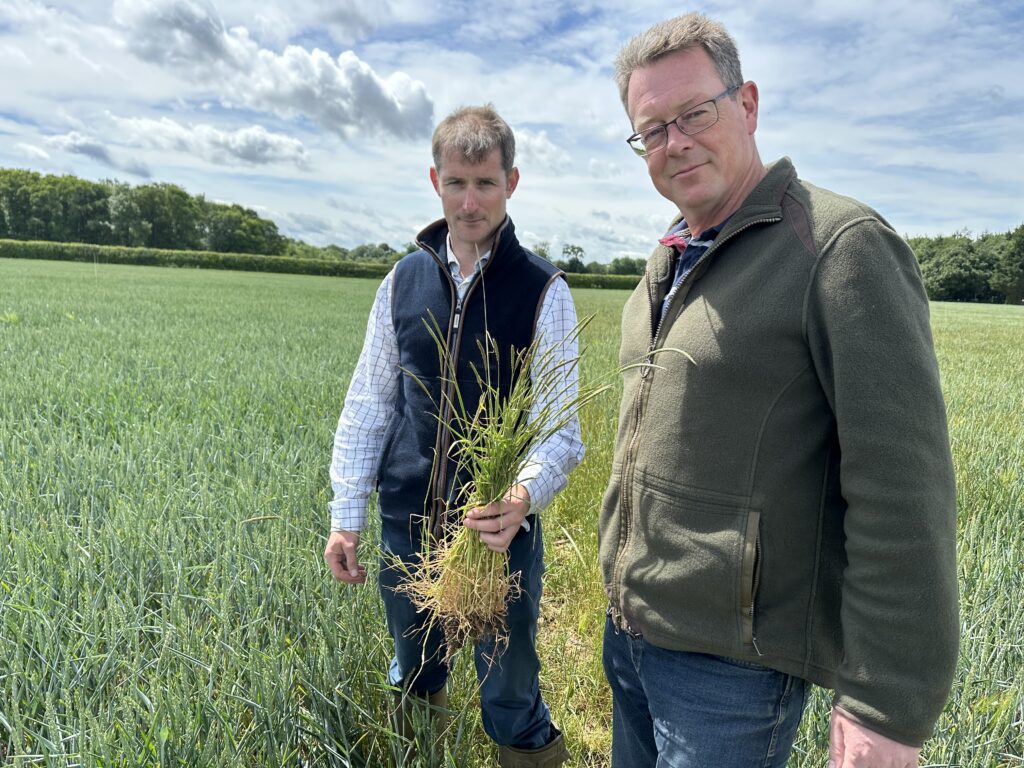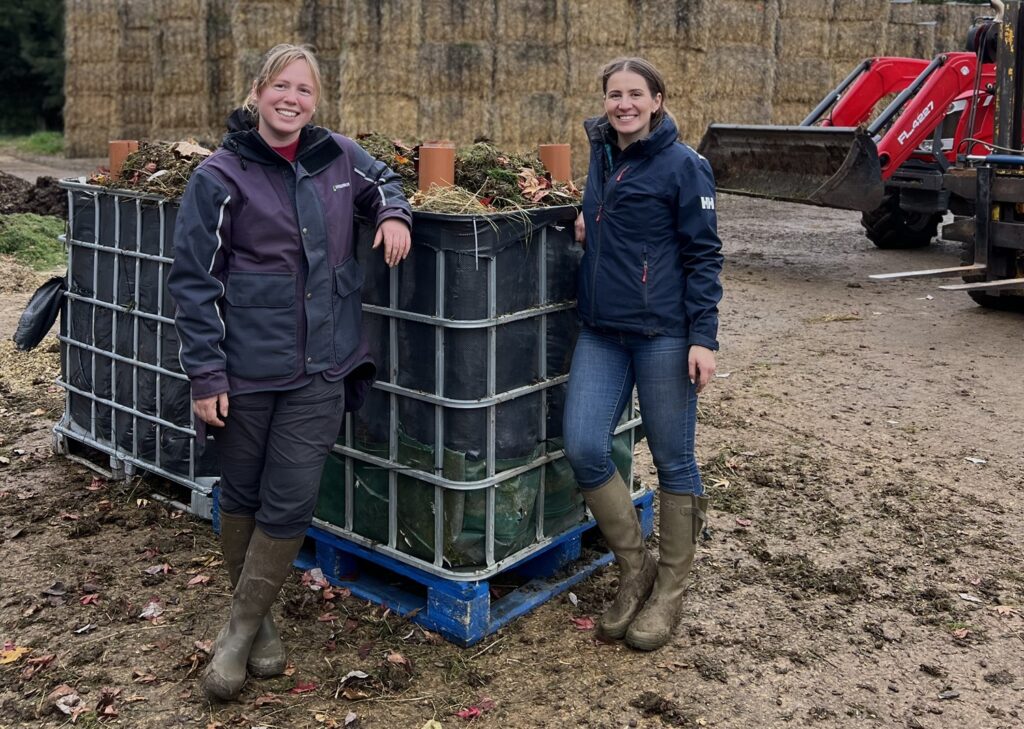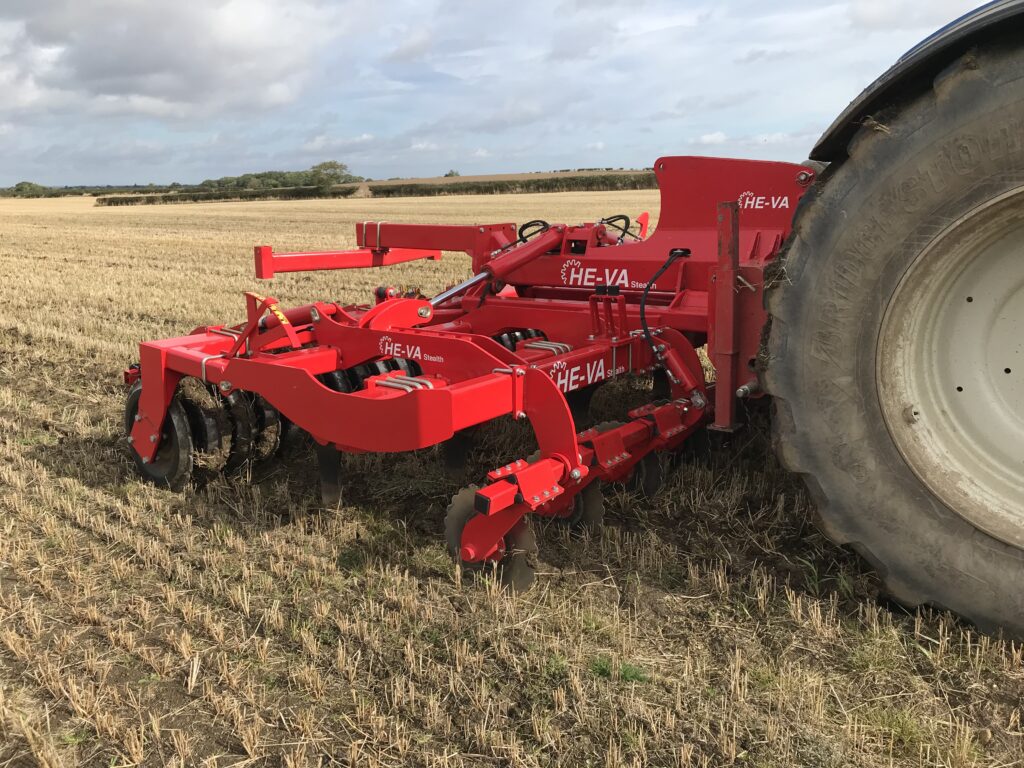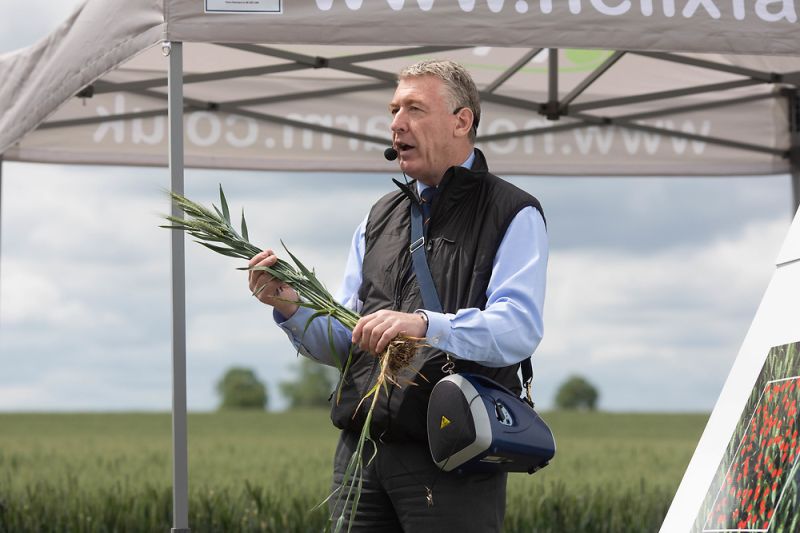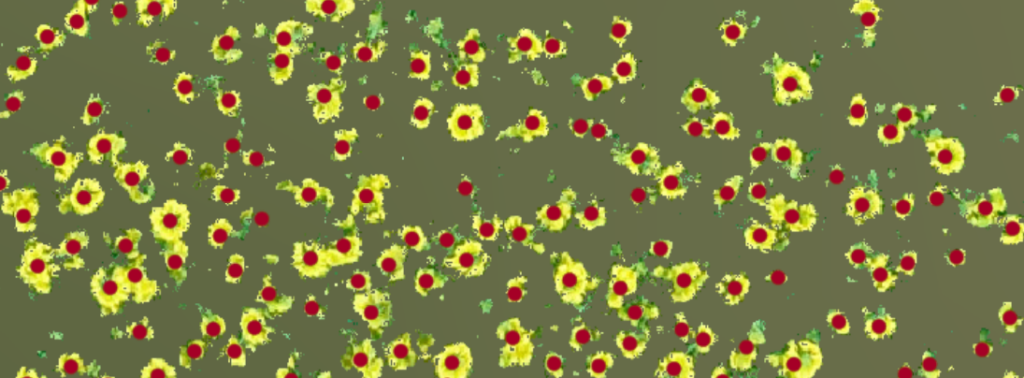Agronomist in Focus – Hannah Foxall
Autumn Crops Despite another wet autumn crops are relatively clean and well established. OSR had reduced CSF grazing this year and pigeons/slugs aside, looks well. The dry spring has kept diseases down throughout flowering and crops are now podding up nicely. Harvest will soon be upon us and we’ll see how yields have fared. Premium …

